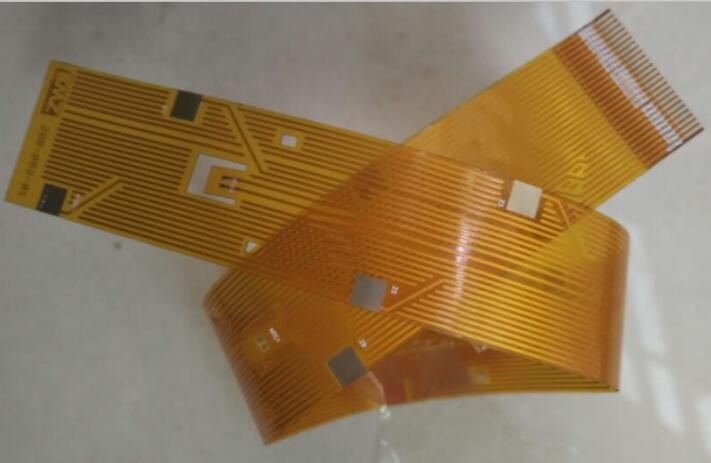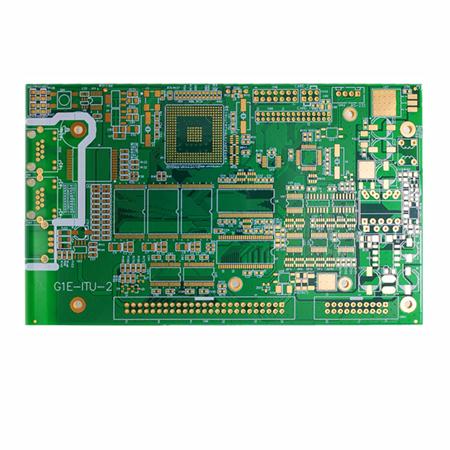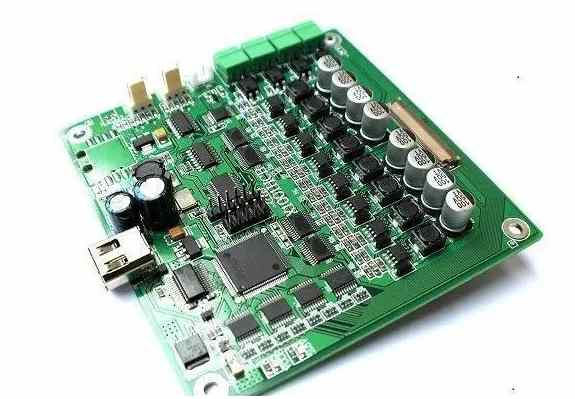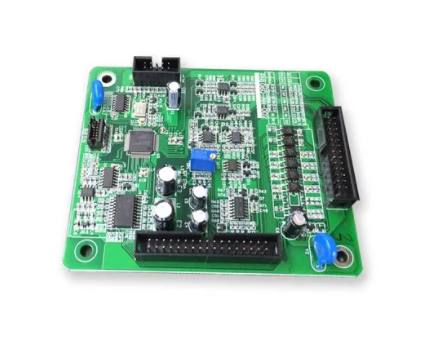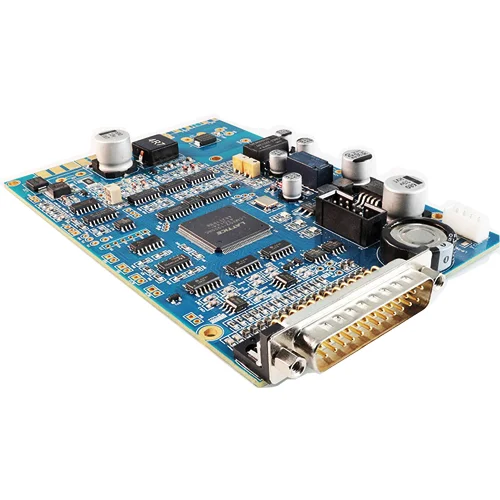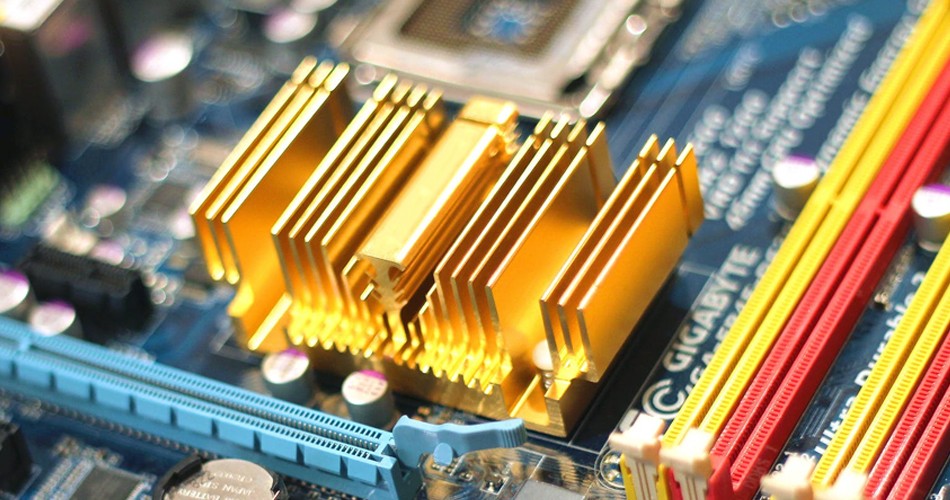
Shenzhen PCB manufacturer explains how many chips PCBA needs to produce a car
From the perspective of application, all kinds of chips are indispensable for automobiles, ranging from tire pressure monitoring system TMPS and cameras to vehicle controllers and automatic driving domain controllers. It can be said that the intelligence of cars is the intelligence of chips.
If the mobile phone chip is the "brain" of the mobile phone, then the car chip is also the brain of the car. Among them, automobile chips can be mainly divided into three categories: "function chips", "power semiconductors" and "sensors".
Function chip (MCU) is also called "micro control unit". If the electronic control system, infotainment system, powertrain system, vehicle sports system and other system functions in the car want to operate normally, this type of function chip is required to achieve. At present, the most popular "auto drive system" can not be separated from the function chip.

Automobile power semiconductor is mainly used in automobile power control system, lighting system, fuel injection, chassis safety and other systems, among which traditional fuel vehicles generally use it in the fields of starting, power generation, safety and so on; New energy vehicles need a large number of power semiconductors to achieve the frequent voltage conversion needs of vehicles. In addition, many parts of electric vehicles also need the support of power semiconductors.
The automobile sensor is the input device of the automobile computer system. Its function is to convert various working condition information during the automobile operation, such as vehicle speed, temperature of various media, engine operating condition, etc., into electrical signals and send them to the computer, so that the automobile is in the best working condition. For example, oxygen sensor, tire pressure sensor, water temperature sensor, electronic accelerator pedal position sensor, etc.
To sum up, car chips are very important for a car. Among the three types of functional chips, power semiconductors and sensors, sensors have the smallest market share. Without sensors, cars can't even step on the accelerator. Now, I believe you can understand why cars can't be built without chips.
How many chips does a car need?
In the past, it used to take about 500-600 chips to make a traditional car. With the continuous development of the automobile industry, today's cars are gradually turning from mechanical to electronic. As cars become more and more intelligent, the number of chips required will naturally increase. It is understood that in 2021, the average number of chips required for each vehicle has reached more than 1000.
In addition to traditional cars, new energy vehicles are the "big family" of chips. Such vehicles need a large number of DC-AC inverters, transformers, converters and other components, and the demand for IGBT, MOSFET, diodes and other semiconductor devices has also increased significantly. A number of new energy vehicles may need about 2000 chips, which is very surprising.
Li Shaohua, deputy secretary-general of the China Association of Automobile Manufacturers, pointed out that the chip size of the global semiconductor industry is currently between 300 billion dollars and 400 billion dollars. Among them, automotive chips are about $40 billion, accounting for less than 10%, which will obviously lead to a weak situation when auto enterprises are scheduling production or competing for orders.
From the perspective of technical requirements, most chip enterprises are really deterred by the car specification chip. The technology of consumer electronics chip iterates very fast, while the car specification chip is almost the technology of more than ten years ago. Although the technology is "outdated", the threshold has not been lowered. On the contrary, the requirements for performance indicators, service life, reliability, safety, and quality consistency of car specification level chips are too high for consumer electronics chips to match.
Compared with consumer chips and general industrial chips, the working environment of automobile chips is worse: the temperature range can be as wide as - 40 ℃~155 ℃, high vibration, much dust, electromagnetic interference, etc. Due to the personal safety issues involved, automobile chips have higher requirements for reliability and safety, with a general design life of 15 years or 200000 km. The "vehicle specification level" chip needs to go through a rigorous certification process, including the reliability standard AEC-Q100, quality management standard ISO/TS 16949, functional safety standard ISO26262, etc.
The high standards, strict requirements, and long cycle of vehicle specification level chips have raised the barriers to entry, which has directly led to the fact that only chip enterprises with strong comprehensive or vertical integration capabilities and the ability to maximize their scale advantages can bring vehicle specification level chips into the production list. Looking at the world, there are only a few such car chip enterprises, such as NXP, Infineon, Siemens, etc., who have more monks than porridge. This is another reason why the supply of car chips exceeds the demand.
China is working hard to establish a perfect innovation ecology of the automobile chip industry, and solve the shortcomings of China's automobile industry in the next development. BYD, SAIC and many semiconductor enterprises among domestic automobile enterprises have successively entered the field of vehicle scale chips.


